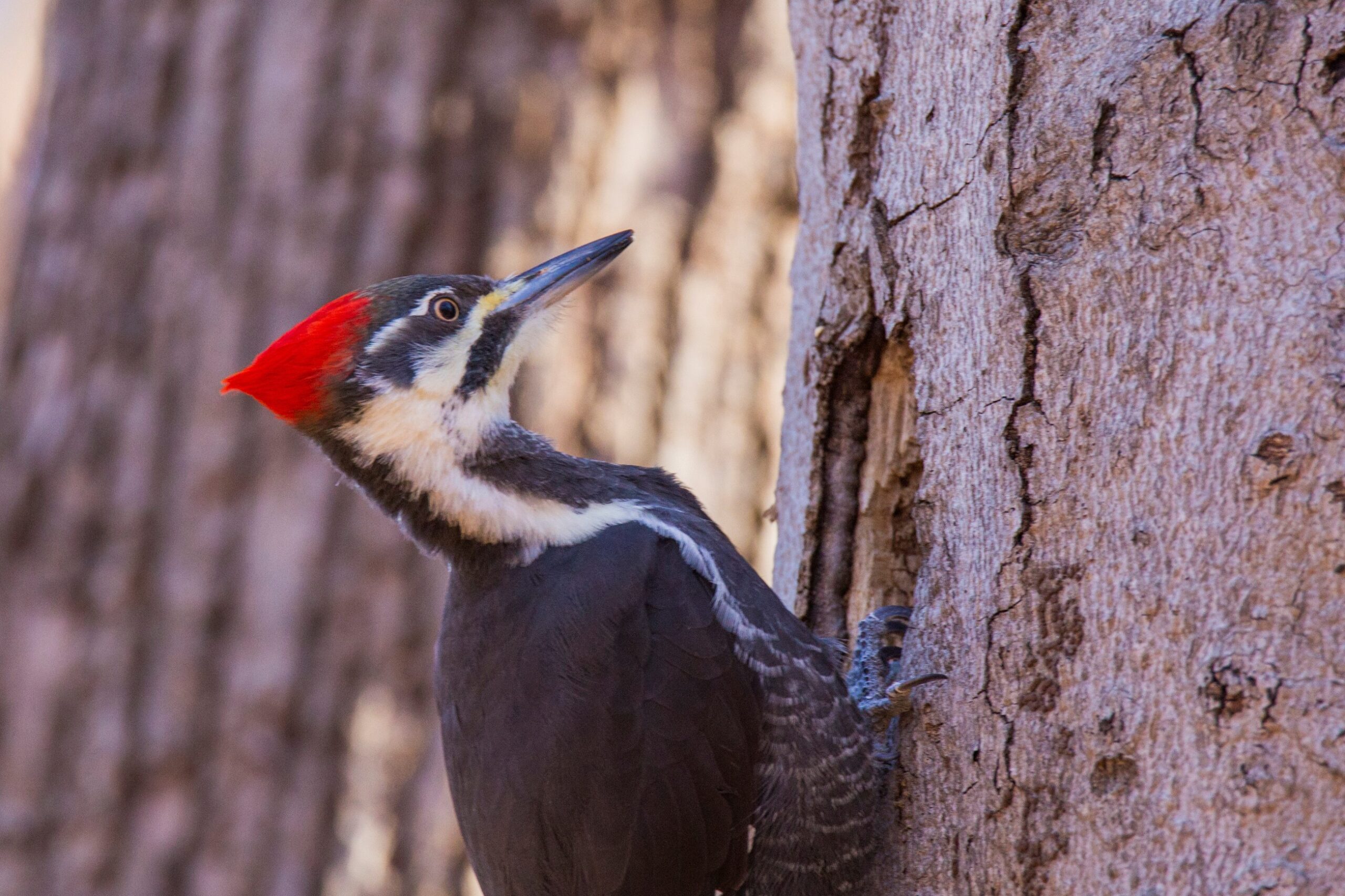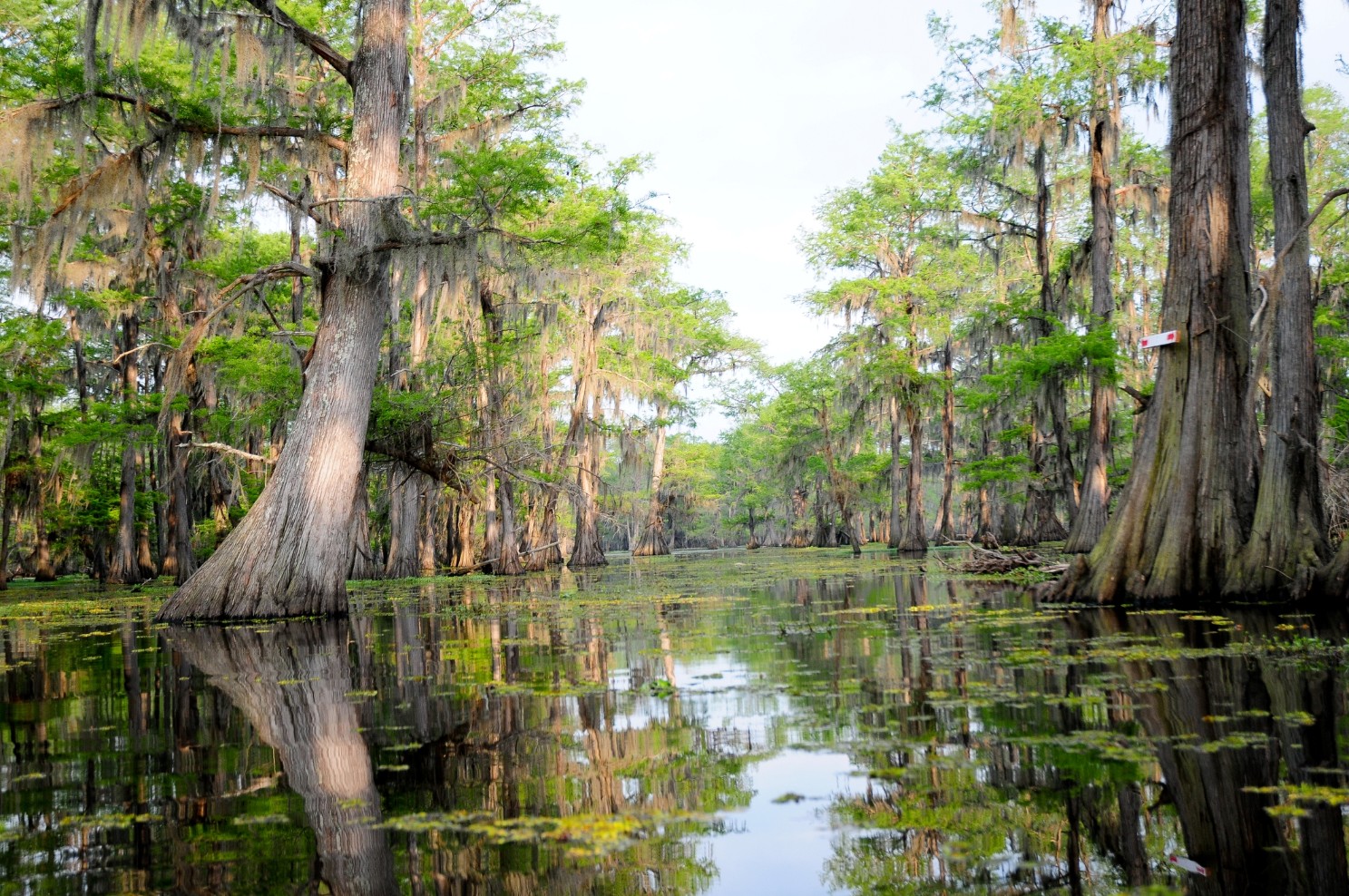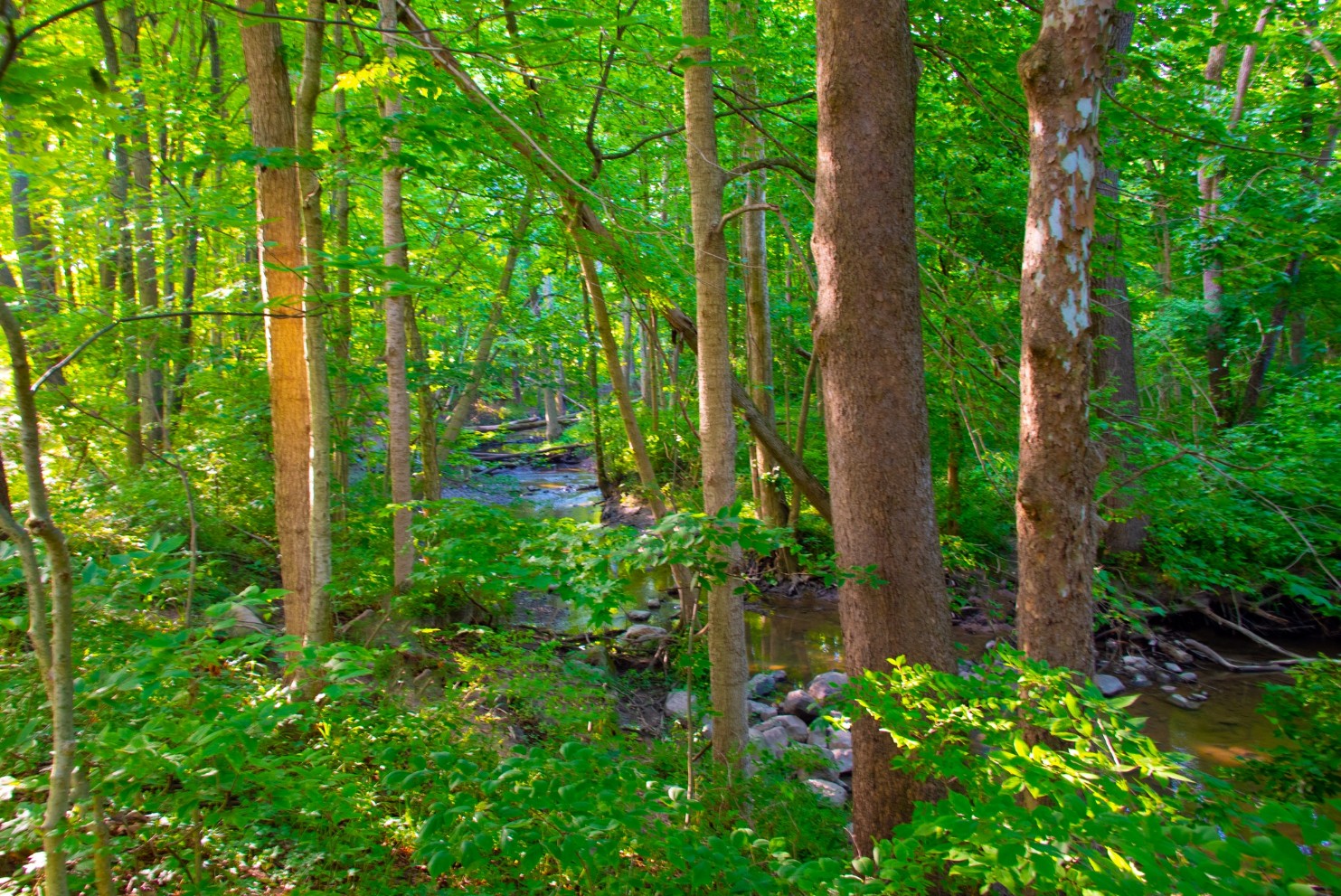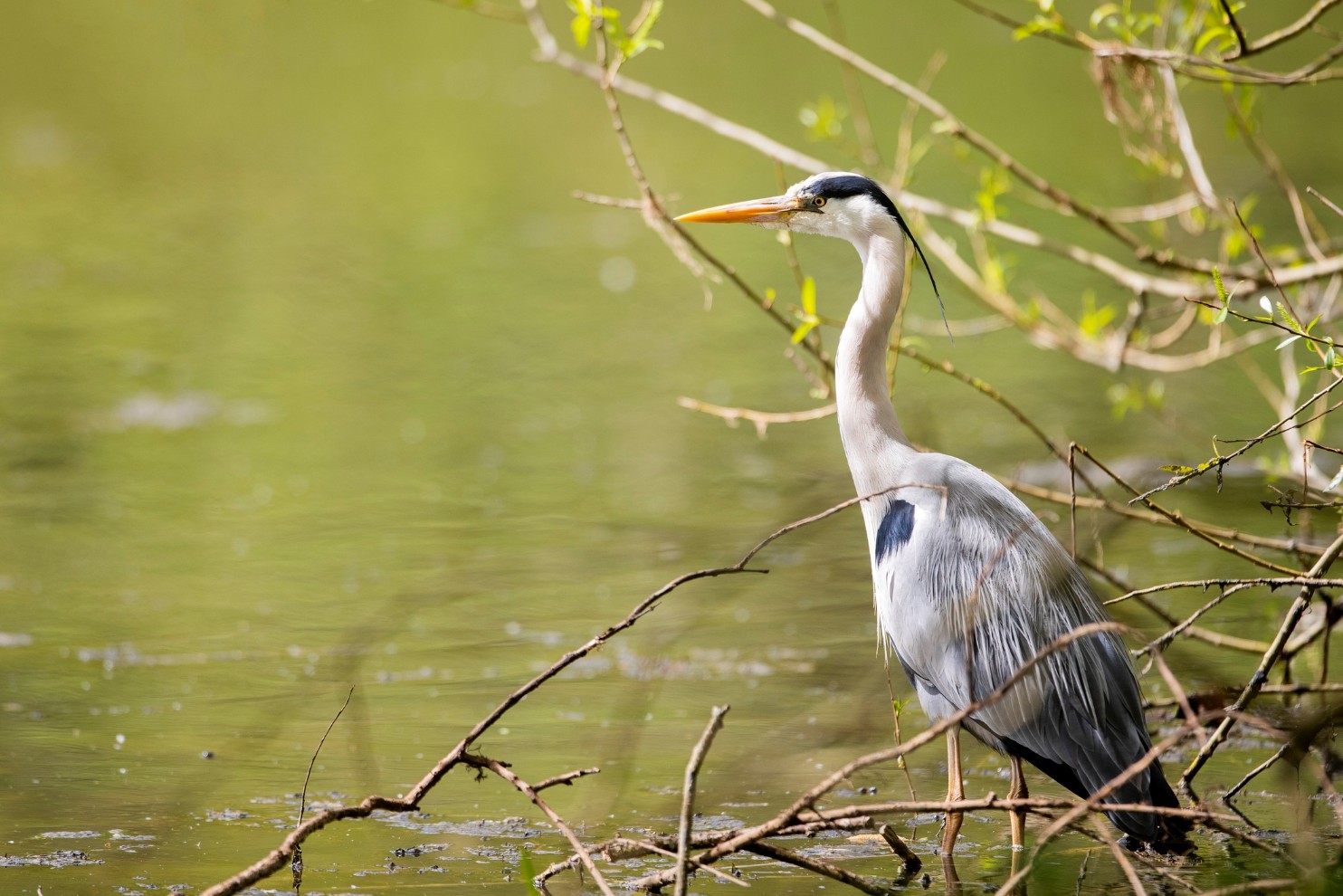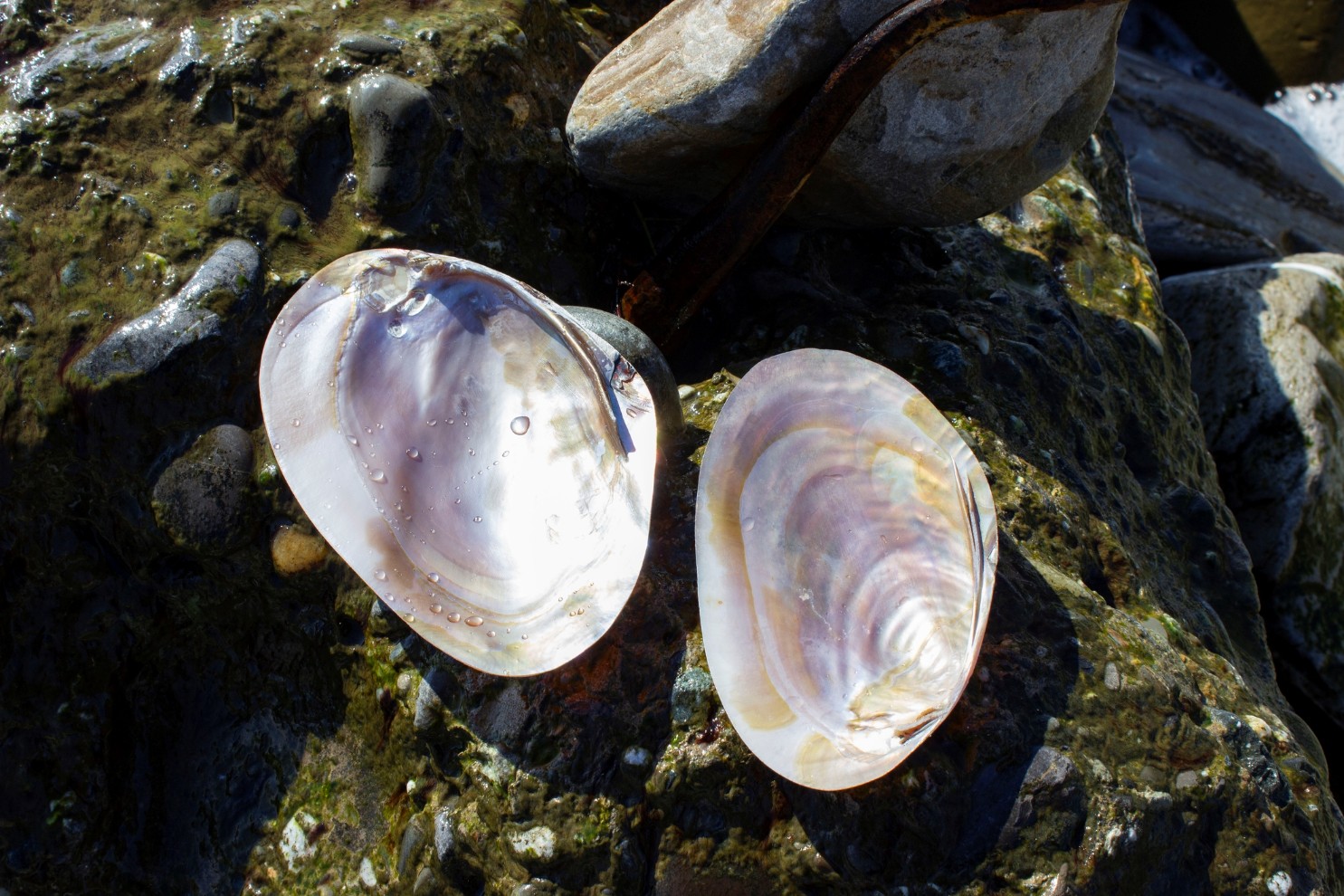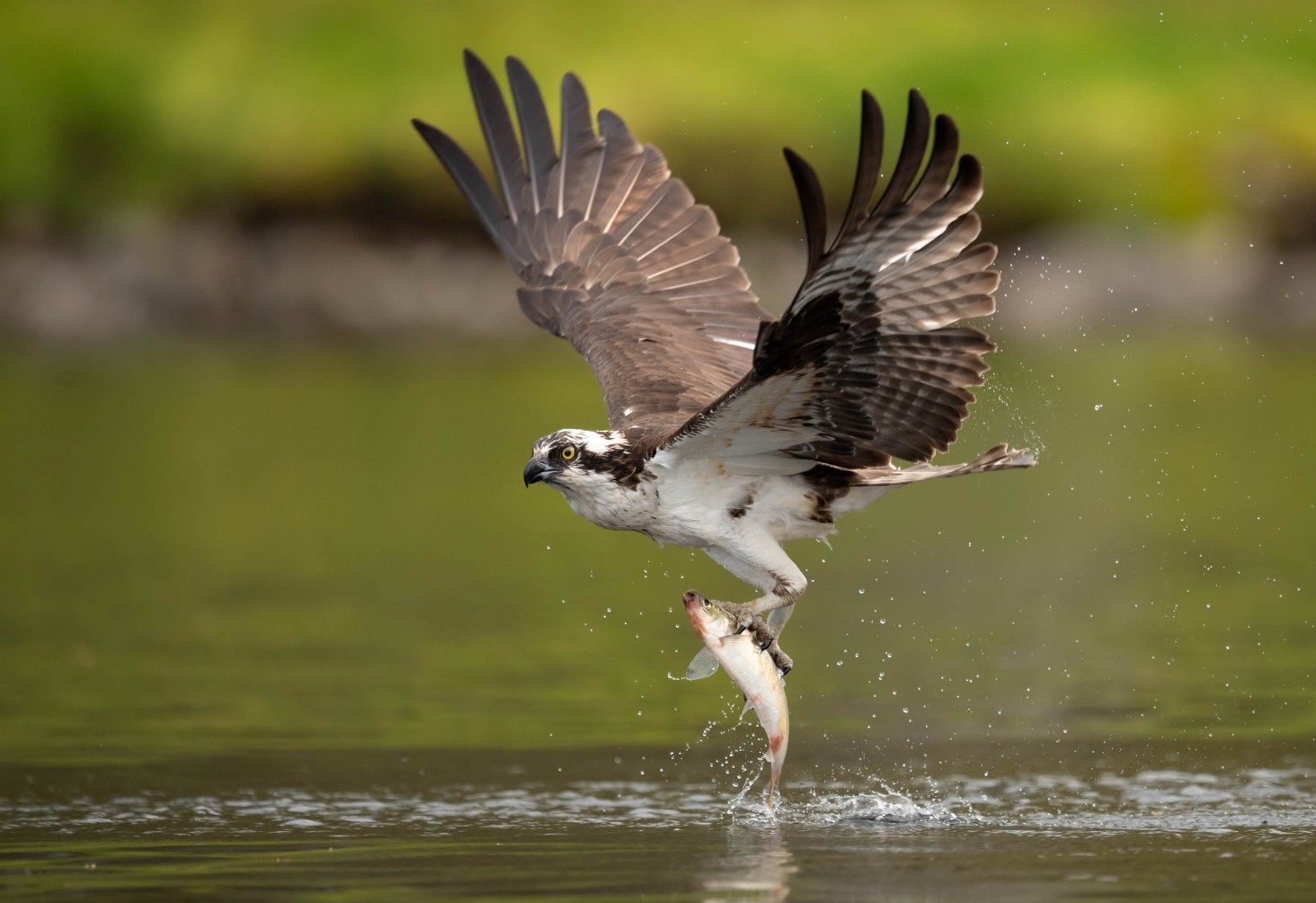About Us
Our team is made up of passionate individuals who share a common commitment to protecting and preserving the natural world
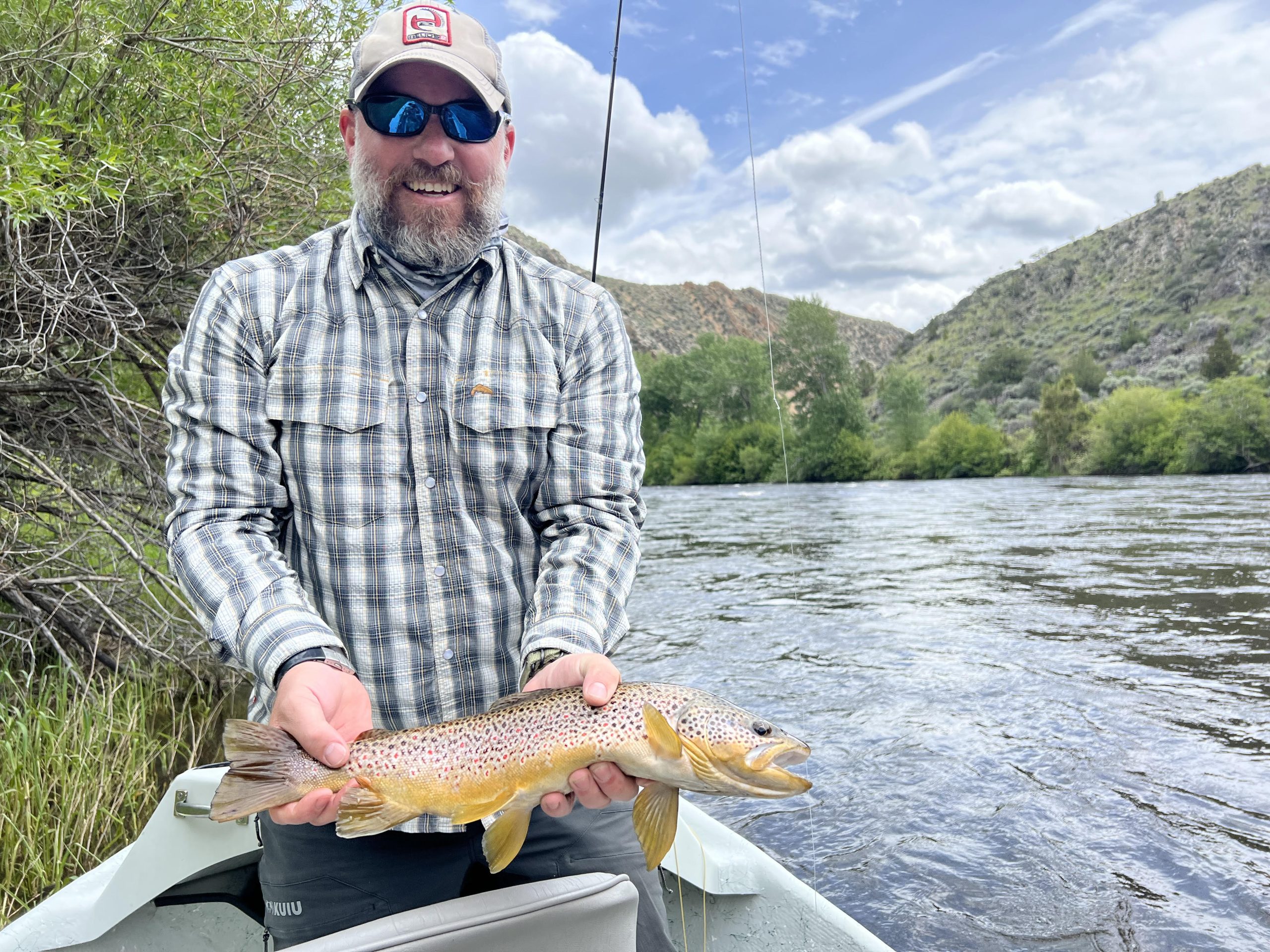
Ryan Henry
Ryan is a passionate outdoorsman who grew up in rural Osage County, Oklahoma, where he developed a deep love of nature and the outdoors. After high school he earned a bachelor’s degree in Geosciences from the University of Tulsa, while working selling outdoor gear and guiding hunters and fishermen. During his studies, Ryan also worked as a field scientist for Lithochimeia, where he gained a deep understanding of the impact of large-scale farming operations on the local environment and surrounding areas. This experience sparked his interest in conservation and environmental law, he went on to earn a Master of Jurisprudence in Energy and Environmental Law (MJEL) from the University of Tulsa College of Law.
For over 15 years, Ryan has worked as an Operations Geologist and consulting field scientist, specializing in oil and gas, environmental sciences, and direct conservation efforts. He serves on the board of several non-profit organizations, including Kekoa Outdoors and Mainsprings, and is a strong advocate for conservation education. Ryan has generously donated his support to conservation and outdoor programs, making a significant impact in these areas. As a dedicated family man, Ryan enjoys spending time with his wife and daughter. He is an avid hiker, fisherman, and hunter, and is deeply committed to preserving the natural world for future generations.
Ean Garvin
For over 10 years, Dr. Ean Garvin has worked as an environmental consultant for private, tribal, and federal entities. In 2005, she received her B.S. from the University of Tulsa in Biological Sciences with minors in anthropology, geology, and history. In 2010, she received her M.S. from the University of Tulsa in Geosciences. Her master’s thesis focused on creating a more reliable and cost-effective method of assessing brine contamination in the subsurface using aboveground plant biomass and species diversity as a proxy. In 2016, she received her Ph.D. from the University of Tulsa in Geosciences. Her dissertation, “Heavy metal contamination downstream of the Tri-State Mining District: implications of metals contamination within terrestrial and aquatic biota and impacts to tribal human health” focused on metals contamination within culturally important resources of eight tribes whose jurisdictional lands are impacted by historic lead and zinc mines in northeastern Oklahoma. Her publications, as a result of her dissertation work, were used as primary guidance documents for the development of the EPA Human Health Risk Assessment (HHRA) for the Tar Creek Superfund Site Operable Unit 5.
In her professional career, Dr. Garvin has served as a natural resource’s expert on a wide variety of projects that include: native plant identification and tribal uses; biological and habitat assessment of wetland, prairie, and riparian habitats; wetland restoration and mitigation banking; freshwater ecology; threatened and endangered species; soils; hydrological processes; and contaminant fate and transport. Additionally, Dr. Garvin works with land trust companies responsible for putting tens of thousands of acres of land all over the U.S. into conservation easements where they will be remained protected in perpetuity. She also serves as a liaison between landowners and State and/or Federal entities to design, coordinate, and implement various environmental projects that restore, enhance, and protect habitat for species of special concern and threatened/endangered species as well as conducting educational workshops for public learning and involvement. A member of the Cherokee Nation herself, Dr. Garvin has worked with many tribal nations in the U.S. on various watershed and water quality projects that include working with tribal elders and educating youth on protecting their culturally important resources. In her personal life, Dr. Garvin is avid scuba diver and enjoys perennial gardening, traveling the world, running, kayaking, hiking, and beekeeping.

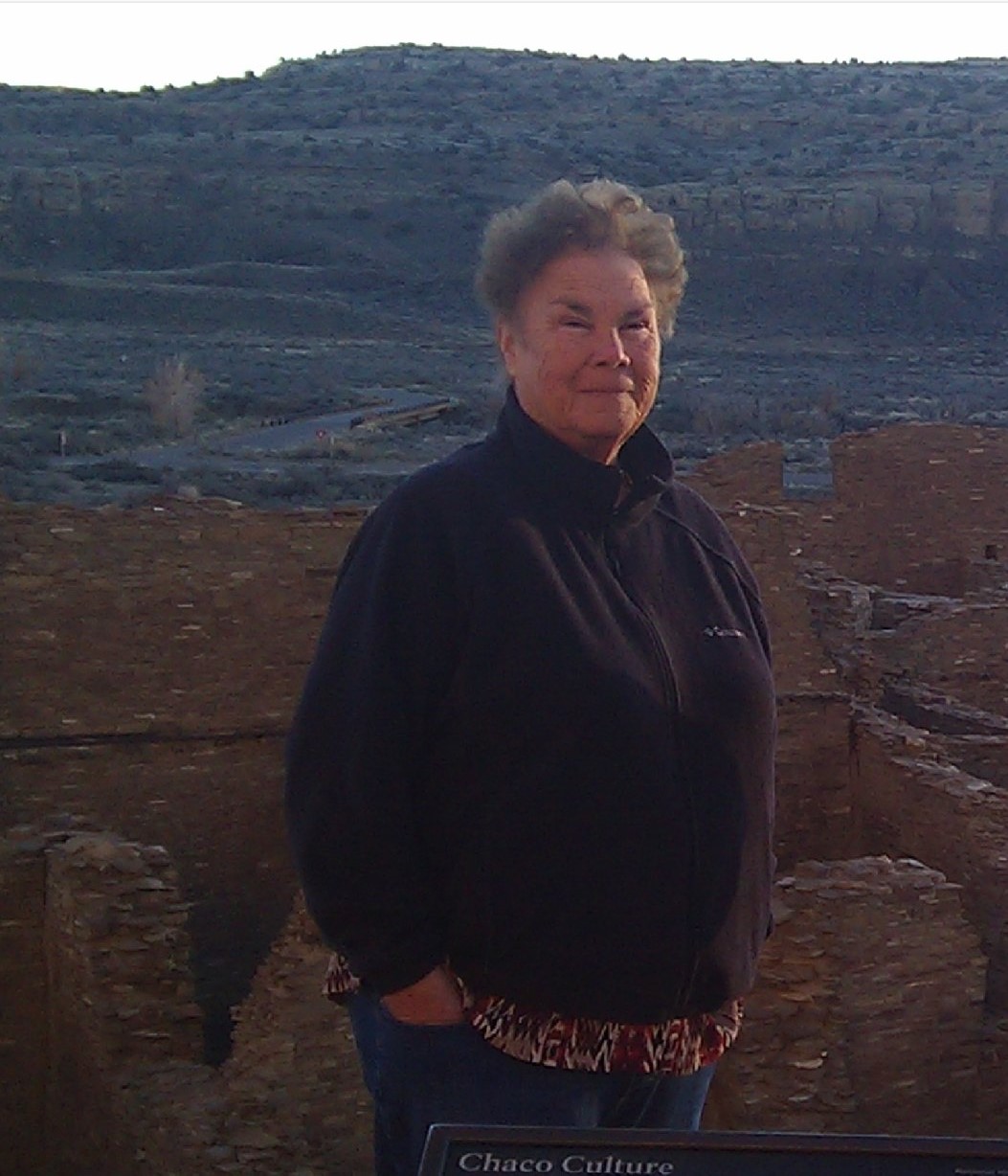
Meredith Garvin
For over twenty years, Meredith Garvin has worked as an environmental consultant for seventeen tribal nations throughout the U.S. During this time, she served as a Natural Resource Damage Assessment (NRDA) expert on litigation cases, helped create tribal environmental departments, trained tribal staff on water sampling protocols, conducted bioassessments of tribal waters, wrote watershed management plans, and grant writing. She also took part in conducting the Eco-Risk and Human Health Risk Assessment for the Quapaw Tribe within the Tar Creek Superfund Site. For the Peoria Tribe, she wrote and was awarded several Tribal Wildlife Grants (2005, 2006, and 2007) from the U.S. Fish and Wildlife Service for surveying the endangered Neosho Madtom and endangered Neosho Mucket on the Spring and Neosho rivers within the
Oklahoma portion of the Grand Lake Watershed. Before being an environmental consultant, she taught in public schools in Oklahoma for twelve years as a special education and biology teacher. She also wrote the grant and started one of the first alternative schools in Oklahoma. She received her B.S. and M.S. in biological sciences from Pittsburg State University in Kansas. She also holds many additional hours in anthropology and ethnobotany.
Outside of her professional life, she wrote numerous wildlife articles that were published in many newspapers and magazines in Oklahoma. She received the Oklahoma Conservation Communicator of the Year Award in 1983 from the Oklahoma Wildlife Federation for her articles on the Tar Creek Superfund Site.

